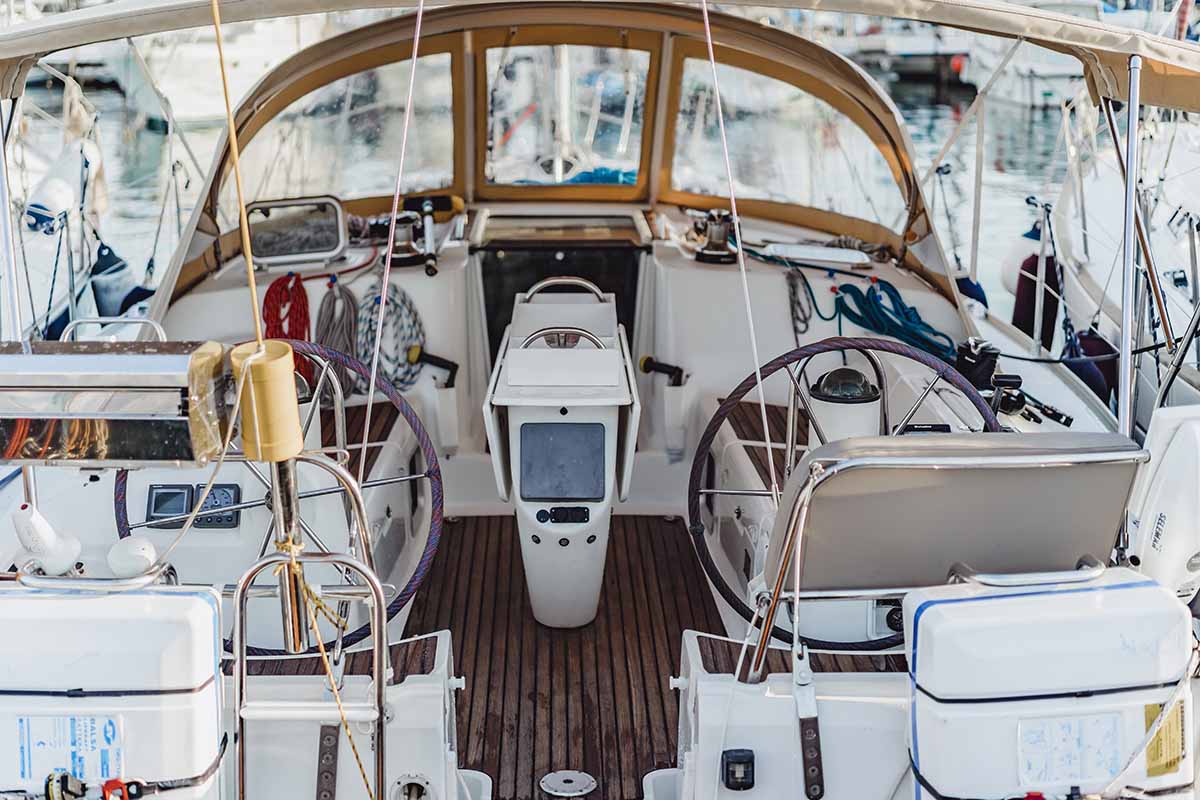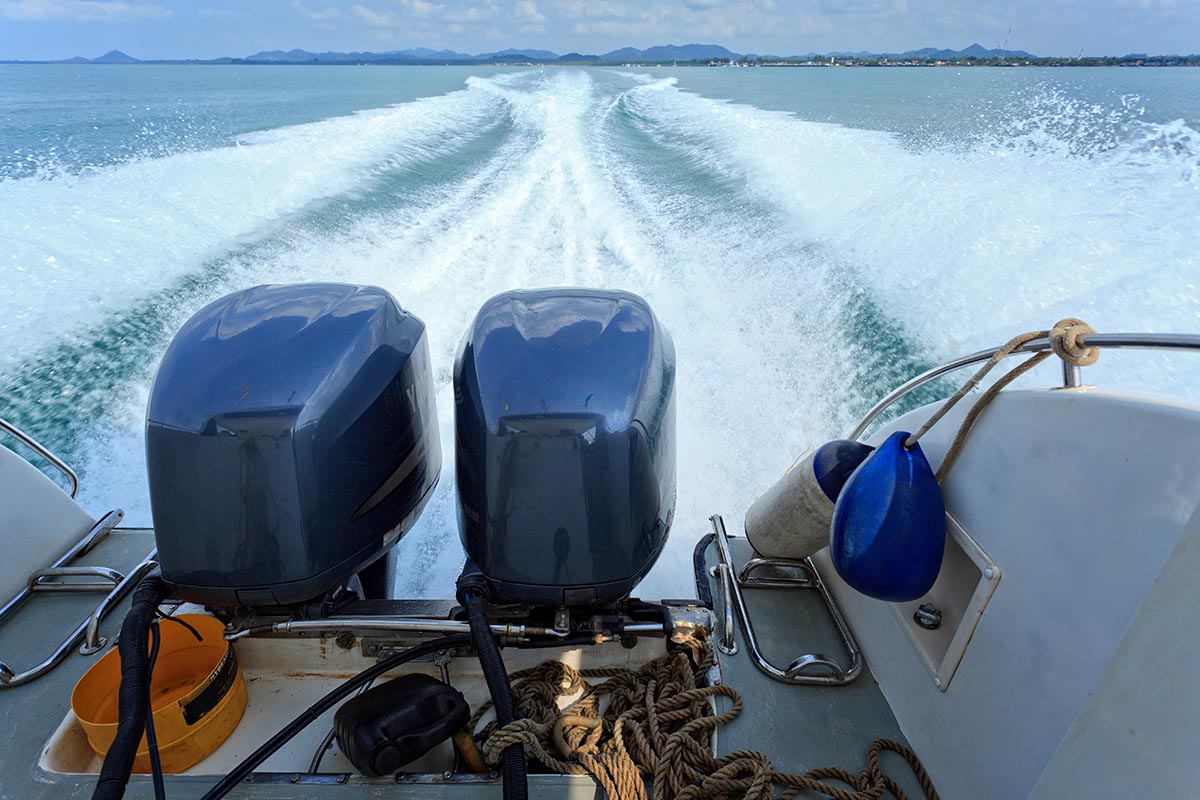Rust and corrosion will do a number on an unprotected watercraft engine. That is why the right oil is essential for the longevity of your boat. You have a lot of choices with marine engine oil, but only a few make sense.
Selecting the Right Marine Engine Oil: A Big Job
The most expensive Boat Parts in the world won’t save you from the wrong engine oil choice. For any vehicle, engine oil lubricates, cleans, and cools several moving parts. A good oil prevents heat buildup when it is put in the right situation. The wrong oil or bad maintenance will lead to issues with dirt and grime flowing freely through the most important parts of your vehicle. In a boat engine, this could lead to catastrophic seizures that leave you stranded in the middle of nowhere.
Don’t rush the decision process when choosing a marine engine oil.
The Small Things
You should already know whether or not the boat engine oil is getting low. Frequent maintenance not only checks for the level, but they also prolongs the engine’s life. Small, unchecked things can easily turn into larger problems that cost you thousands. If the problem is really bad, it can cost you an entire engine. This has happened to many boat owners that run on old oil or never change their filters. If you’re unsure about how to maintain the oil after changing it, then take the time to research the subject.
Don’t depend on oil to do all of the work of keeping your engine clean.
Before Things Go Wrong
When you fail to keep up with maintenance, damage is imminent to the engine and its surrounding parts. Maintenance includes checking the oil before putting the boat in storage. Old oil can turn acidic, so it is recommended to drain it before damage can occur.
Changing the oil every 100 hours past the break-in period is a good rule of thumb. If you frequently use the boat, then subtract from this number accordingly. Dirty oil will always be more of an engine killer than using no oil at all.
Misused oil can be harmful to an engine before and after the changeover period.
Changing the Oil
Changing the oil in the engine requires previous knowledge or consulting the owner’s manual. Just like a car, the battery should be disconnected before even attempting a change. A full oil change includes cleaning debris around the engine, draining the old oil, replacing the filter, and finally adding the new oil.
If you try to quickly hack of the steps with changing oil, then it will only cause problems later.
Types
The two main types of marine engine oil are mineral-based and synthetic-based. Beyond those two, you will have several subcategories to personalize further the type of oil you want. The main difference is that mineral-based oil is less expensive but not as effective in cold weather. Synthetic-based oil is good in all weather types, but much more expensive.
The easiest way to choose is to go by the recommended type from the manufacturer and then go through all of the compatible subcategories.
The Right Choice
You’ll go through several engine oil manufacturers before finding the right one. It’s all about protecting your investment without compromising your comfort level. Once you find the right one, the entire process becomes trivial.




















